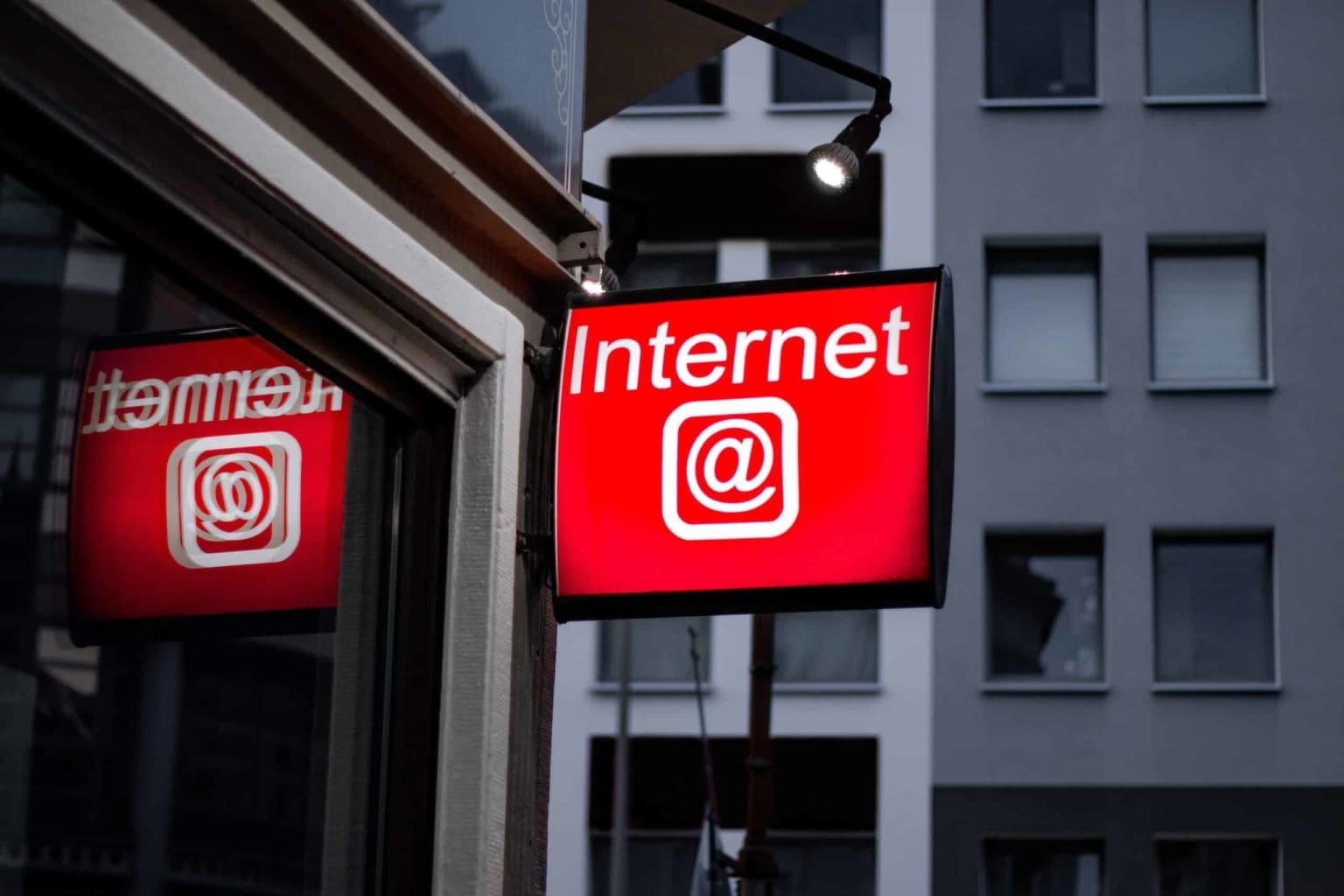Openserve – the wholesale connectivity division of Telkom – has disclosed reasons why it is discontinuing its copper-based broadband connectivity in South Africa.
The South African telco first announced the transition from copper-based technology to wireless in 2015 noting that the migration would be done as a phased approach.
Having successfully migrated over 96% of prepaid fixed-line customers, Telkom is now migrating postpaid fixed copper-based voice and/or DSL customers to fibre and wireless.
Telkom today announced its financial results for the year ended 31 March 2020, which showed that fixed-line decline 29.3% to 1.6 million versus 2.2 million in the same period last year.
Also read: How Telkom is Slowly Winning the Battle to Replace Fixed-Line with LTE, FTTH?
Openserve recently told ISPs that it would shut down ADSL services in areas where it offered fibre connectivity.
This change will be effected on 1 September 2020.
“In a drive to give the end customers the best experience, Openserve will be discontinuing its copper-based broadband connectivity in areas where it has replaced it with Openserve FTTH solution and would encourage users to proactively move to its Fibre to the Home connectivity proposition through Openserve’s ISP partners,” Openserve CEO, Althon Beukes, said in a statement.
“Openserve will also be taking strict measures not sell services in areas where the copper infrastructure is old, of poor quality and has been prone to theft, vandalism and breakages.”
Beukes added that Openserve is encouraging all customers to move on to its modernised FTTH network and experience the joys of being able to connect and consume all required services on it.
He also said that, in areas where Openserve is yet to build out end to end fibre infrastructure and finds its current copper infrastructure to be stable and reliable, Openserve will continue to support, maintain and provide broadband services.
FTTC Strategy
“While future of connectivity is no doubt in fibre, copper is by no means dead. When used in combination with other technologies, copper can enable greater access and speeds of connectivity,” said Beukes.
“A hybrid of sorts, FTTC allows Openserve to provide innovative solutions that can ensure connectivity for all South Africans at all times.”
With the need to have stable connectivity across a larger number of homes, Openserve believes that its strategy of driving broadband connectivity utilising both fibre and copper as a combined solution will successfully fulfil the consumption needs of the end customers.
“This hybrid use of both fibre and copper has proven very successful in many parts of the world including USA, New Zeeland and UK to name a few,” Beukes said.
“This hybrid solution, called FTTC (Fibre to the Curb/Cabinet) utilises fibre as a connectivity medium to the nearest point (curb/cabinet on the street) and then harnesses the already existing copper infrastructure which is connected within a house to create a faster, reliable and consistent broadband connection. It can scale up to speeds of 40mbps thereby competing with FTTH speeds and at more affordable prices at a wholesale level.”



1 Comment
So what happens to ADSL where other competitors like Vumatel, Lightstruck, Frogfoot, etc. provide fibre? Will they turn it off too?.